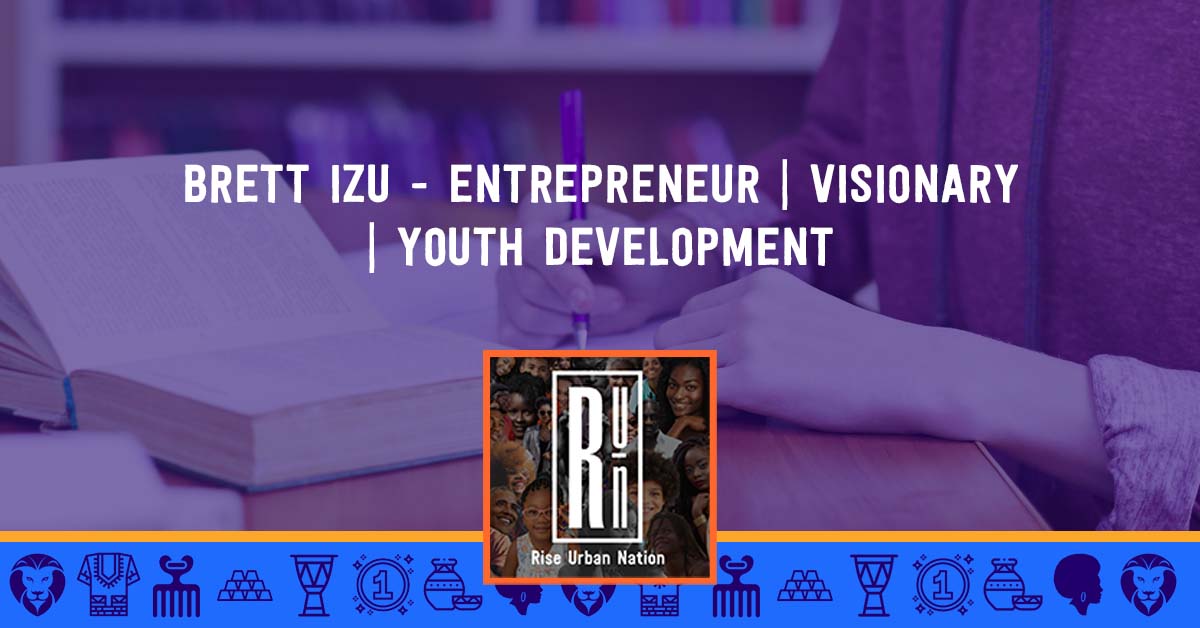How to Build a DEI Program Within Your Organization
Diversity, equity, and inclusion (DEI) is imperative to companies across the United States. DEI is the most powerful employee-centric operation an organization can carry out. Without DEI, an organization will crumble.
A DEI program may look different in each organization. However, each DEI program should have the same core goals and foundation. To create a diverse, equitable, and inclusive environment in the workplace.
If you are thinking about creating a DEI program for your organization, you have come to the right place. Continue reading this article to see all the benefits and strategies for DEI.
What Does a DEI Program Look Like?
Good DEI programs are a large part of an organization. They cover practices, certain strategies, policies, and programs. All of these are used to achieve the company's overall goal of initiating and sustaining a healthy environment for all employees.
The plan will work around every employee. The plan will take into account each employee:
- Age
- Ethnicity
- Sexual orientation
- Physical ability
- Marital status
- Veteran status
- Gender identity
- Much more
DEI initiatives at different companies have different characteristics. Although, most will essentially look the same. If your company wants to retain employees and be successful, there needs to be a DEI program.
A diverse, equitable, and inclusive environment allows for the best workplace culture. In short, this will allow each employee to feel appreciated and generate a positive workplace environment.
If you are confused about what you want your DEI strategy to look like, use the help of professionals.
What are the Benefits of DEI?
When an organization allows for everyone's voices to be heard, many benefits will arise. By creating an environment where everyone feels safe, heard, and appreciated, the benefits will go beyond workflow.
DEI will allow everyone to feel more appreciated. This will allow employees to feel a sense of pride in their workplace. In short, this will translate into employees doing more work for their organization.
When a company incorporates a good DEI initiative, it will become a sought-after employer. In a recent study, Glassdoor found that companies that prioritize DEI in the workplace are more desirable. People will come to a company that puts its employees first.
A great benefit that goes beyond the workflow is improved employee engagement. Having a strong tie and relationship with employees is crucial. Many companies have seen a drastic increase in engagement with employees when they create an inclusive environment.
Advancing DEI efforts will create more economic benefits for your organization. If you have a diverse gender population, you can expect to see 35% higher financial returns than those without.
Inclusion at Work
Inclusion at work is something that can be easily achieved. This can be done by creating a safe environment in the workplace for everyone. Inclusion at work ensures that everyone feels welcome, appreciated, and can contribute. Everyone needs to have an equal opportunity to succeed.
It can be easy to get lost in thought about this. If all your employees come from the same place, have the same experience, and have the same background, inclusion is easy.
When you have a mix of diversity in the workplace, that's where you need to question yourself as a whole. A mix of backgrounds, experiences, and social status' will make you question your DEI efforts.
If you realize you aren't inclusive, it's time to fix it. Realizing you aren't inclusive is the first step towards creating a better environment for all employees.
Diversity at Work
Workplace diversity is equally as important as inclusion at work. The two must go hand-in-hand. When evaluating your workplace, look past the physical diversities of this world. You need to look into education, experience, beliefs, and personalities.
Once you have a diverse environment of ideas and personalities, you are in the right place. An organization can be considered diverse once they break down race and bias barriers.
Once you have established your DEI strategies and initiatives, you can set a benchmark. Creating a diverse workplace isn't something you do once and leave. You need to keep working at it and improving where you can.
Equity at Work
Equity in the workplace is just as important as diversity and inclusion. Without one, your workplace will not be the best it can be. However, once you have achieved all three, you will start to see benefits.
Equity at work means that everyone has proportionate representation in opportunities that arise. Simply put, equity tears down barriers to create an even playing field for everyone.
Putting Everything Together Into a DEI Program
By now, you should know that DEI is incredibly important in the workplace. If other companies are including DEI initiatives and are benefiting from them, don't you think you should do the same?
Making a DEI program at work is easy. Not all programs need to follow this exact blueprint. This guide can help you get ideas generated and foster your discussion about DEI in the workplace.
Step 1 - Do Your Homework
Before you can create your program, understand the principles of DEI. You need to educate yourself on what DEI looks like. You also need to understand what good and bad DEI programs look like.
Step 2 - Look Internally
After learning more about DEI, you need to look internally. Looking internally will let you see your data and metrics in terms of DEI. You will have to collect qualitative and quantitative data from employees.
You can start setting your goals once you have your internal data. Goals are different for each company. Goals may also change in a single company over time to ensure DEI efforts are thorough.
Step 3 - Make Your Goals Measurable
Set a measurable target and stick to it. You need to hold yourself accountable and follow through on everything you have said. What do you think it looks like to employees when a company falls flat with DEI?
If you want to make an impact, make a public statement. Then the world will hold you accountable. You can hold yourself accountable by tracking your DEI progress and reassessing it every quarter, month, or year.
Step 4 - Integrate DEI Everywhere
After establishing your targets and goals, you need to spread the word to every corner of the company. Everyone must feel that you are making a change and that the program is happening.
Include your DEI values in the company mission statement. If you want to have an effective statement, it should include language about your commitment to diversity and the company mission. The statement should also include inclusive language and talk about under-represented groups.
Step 5 - The Hiring Process and Who to Hire
A large part of DEI is the hiring process. You also need to be aware of who you are bringing into the company. Look inward again and see what the hiring process looks like. Investigate to see if there are any holes in the process and create new training.
Be thorough with your talent searches. Do not settle for an employee. Make sure you are looking everywhere you can for great talent (away from the LinkedIn and Indeed sites).
Hire talent for cultural contribution. Hire people who will add to your workplace and not conform to it. These employees align with your values but have diverse ideas and backgrounds.
Here is a good rule of thumb: don't just hire the person that is right for the role; hire the person who is good for the team and workplace.
Step 6 - Create New Onboarding Policies
After you find the right person, make sure they follow the right training programs. An onboarding program needs to be extensive. This is where new members will learn about the company's DEI values.
Make sure that employees in this process have an ally and mentor. The onboarding process can be tough, and everyone should know they have a friend who is there for them. Make sure to guide them in the right direction if needed.
Step 7 - Create an Environment Where it's Okay to Speak Up
You won't know everything that is happening in your company. However, you need to do your best. You can do this by encouraging employees to speak up when they want to.
Meaningful discussions and conversations should always be encouraged. These talks will help the company progress in the right direction. Not allowing these talks to happen can cause major issues.
Step 8 - Encourage Communication
DEI communication includes everyone. EVERYONE. From interns to the top of the top, everyone needs to communicate with each other. Communication can offer feedback, points of reflection, and new ideas and thoughts.
Communication will also ensure everyone is on the same page. By having open vertical communication, all employees will know where the company stands and how to align with its values.
Integrate DEI Into Your Workplace Now
It is never too late to start your DEI program. DEI programs have several benefits that will stretch beyond your imagination. Employees, workflow, and culture will all be impacted by a new DEI program.
If you stick to your plan, listen to everyone, and encourage participation and communication, you can succeed. However, as there is a lot of room for growth, there are chances for failure. Create a team to help you forage this new DEI program.
If you need help or are stuck with your DEI program, we are here to help. Contact us today to get started!











